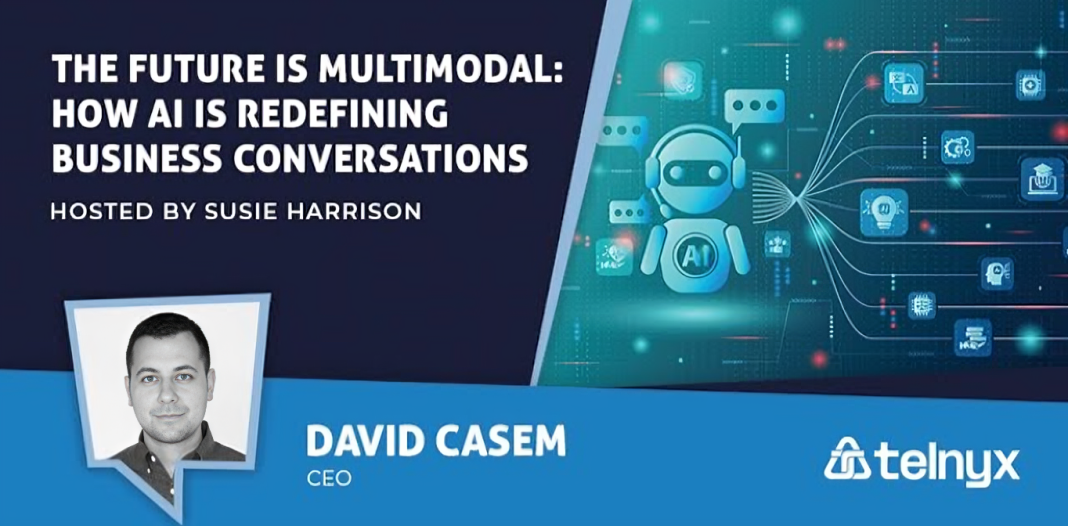This year is the year of Artificial Intelligence, or at least it seems to be the focus for Twilio and plenty of other CPaaS providers. Not surprisingly, Twilio flexed its AI muscles early at this year’s SIGNAL conference in San Fransisco, showing how it intended to further differentiate its offering on day one.
The company announced the launch of two new APIs that rely on the use of AI to enhance Customer and User Experiences at its annual customer and developer conference.
Twilio Launches Media Streams

They first announced Media Streams, an API that gives call/contact centers access to voice calls in real-time so management can take preventative measures. In the event of irate or dissatisfied customers – such technology can play a key role in resolving or de-escalating issues before they result in poor customer service experiences.
Now in public beta, Media Streams simplify the process of layering AI solutions such as Natural Language Processing, keyword spotting, and Sentiment Analysis, on top of live voice calls. This approach to AI creates a context-rich conversation that can be useful for improving CX.
I caught up with Jake Kanter at SIGNAL, Twilio’s Product Marketing Manager for Media Streams. Kanter shared, Twilio customers wanted real-time access to audio. Speaking about the benefits of Conversations, Kanter told UC Today:
“With Media Streams, call and contact center managers can identify words they see as warning signs they need to step in and resolve customer issues before they escalate.”
Introducing Twilio Conversations
One of the major challenges surrounding business messaging is fragmented messaging channels, which Twilio Conversations tackles. The API does all this while maintaining the integrity of infrastructure that supports group messaging and cross-channel conversations, according to Dave Esber, Product Marketing Manager for Twilio Conversations.
He said there is a fundamental complication in the way enterprises use business messaging. He explained, the process, for the most part, has been one-sided. Businesses send push notifications without the expectation of a response. Said Esber:
“Messaging is the next frontier for CX, and we wanted to give customers the ability to take advantage of the medium.”
He also shared, Twilio wanted to improve upon this experience and solve the countless pressing issues facing companies of all sizes like mitigating the risk of potentially damaging complaints making it to public channels like Twitter and Facebook.
More Updates from SIGNAL to Come
Since debuting and subsequently dominating the CPaaS market, Twilio’s developed a steady stream of APIs that make powerful, affordable, and customizable business communications possible.
On the first day of SIGNAL, the level of innovation pumped out by Twilio suddenly made sense. After speaking with one talented developer after another, Twilio staff shed some light on areas of AI such as the overuse of AI in contact centers, which I’ll touch on later this week.
Stay tuned for more coverage from SIGNAL. The conference kicked off today and lasts until tomorrow, Wednesday, August 7.
If you’re attending SIGNAL this year, find me and I’d love to chat about AI and beyond.







